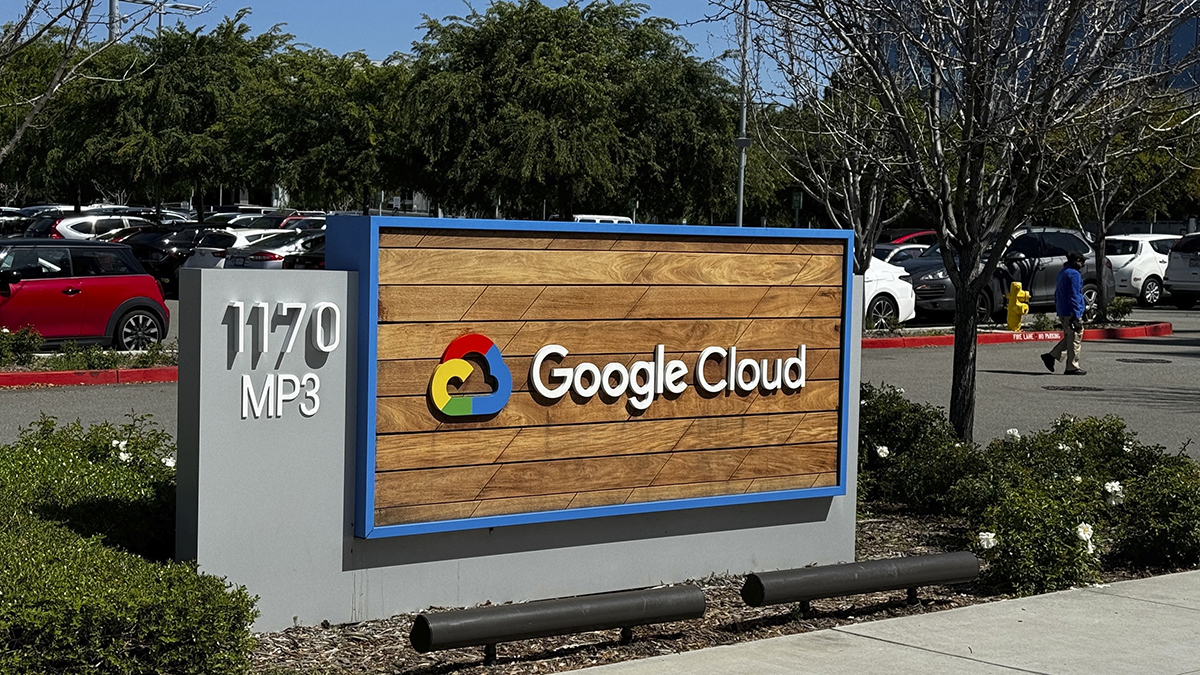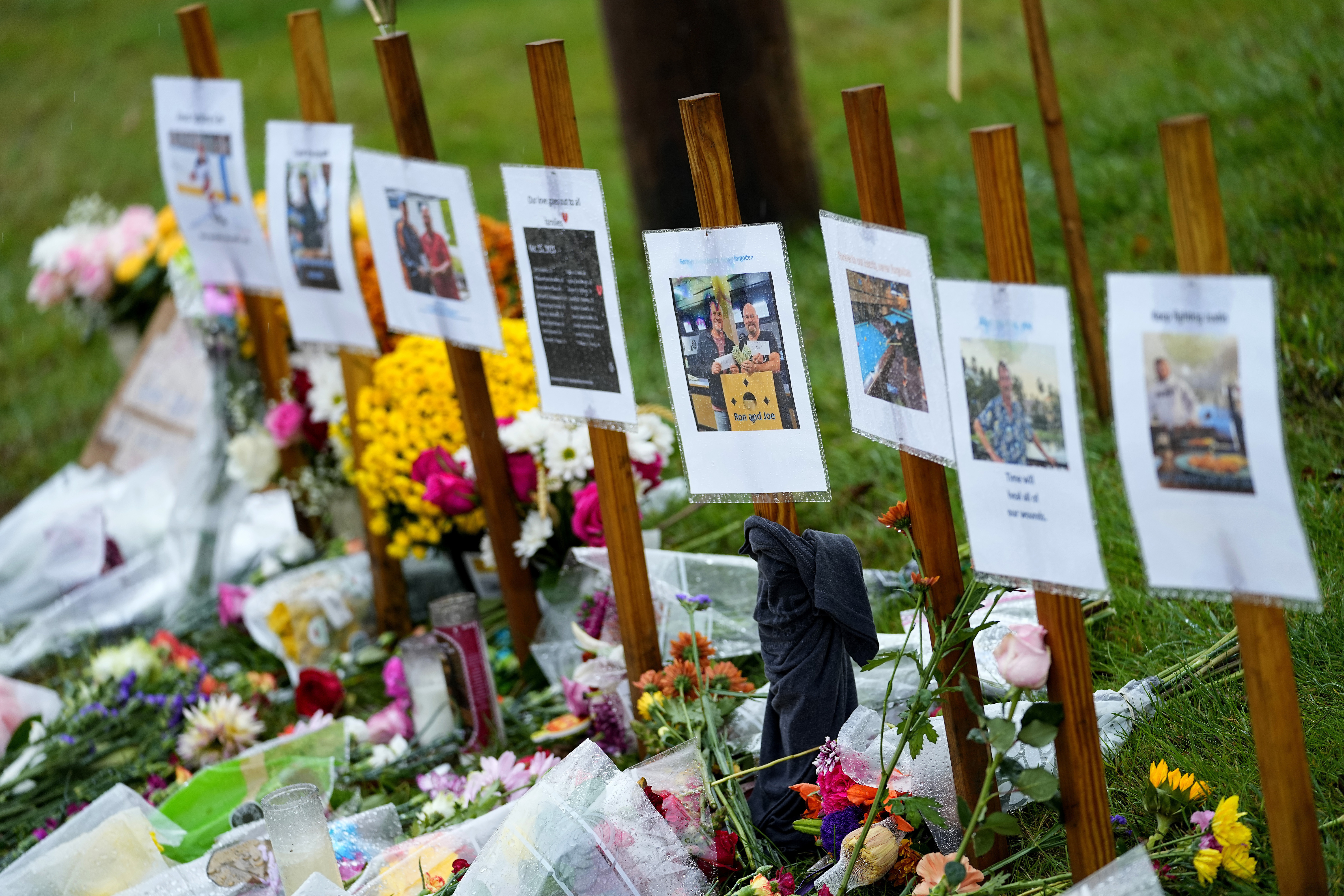Massachusetts Gov. Charlie Baker proposed legislation Wednesday that would push ride-hailing companies like Uber and Lyft to provide more information about where and when they're picking up and dropping off riders.
Baker said the bill would give cities and towns better data to plan for the explosive growth of the companies, which comes amid increasing frustration with traffic congestion, particularly in the metropolitan Boston area.
The bill includes public safety measures, like tougher penalties for the practice of "account renting," or letting an individual who has not been approved by the state use an approved ride-hailing driver's account. The state conducts background checks on drivers.
The bill would also make it a criminal offense for a driver to exploit the personal information of a rider to stalk, harass or defraud that rider.
"You are providing someone with a professional service, period, and that should be the beginning and the end of your relationship," the governor said.
Massachusetts has seen the number of ride-hailing trips soar from 64.8 million in 2017 to 83.1 million in 2018. There are more than 210,500 approved ride-hailing drivers in the state. Baker said the number of trips could climb to 100 million rides this year.
The vast number of rides occur in a relatively small number of communities. In 2017, more than half of all rides were in just three cities — Boston, Cambridge and Somerville.
U.S. & World
Baker said the data collected about where and when rides began or ended would not include personal information about riders.
"It's just numbers," he said.
He said communities could take that data and decide to create designated pick-up and drop-off locations for ride-hailing companies at peak times to diminish the problem of cars stopping in the middle of the street and clogging up roads when picking up riders.
The information would also be available to state agencies but would not be publicly available.
The data would also include the make, model and year of the car to help the state come up with data on total vehicle emissions from ride-hailing trips.
Darden is wary but open to new ride share regulations proposed by Baker if "they stay within their scope."
"With government, there’s always a concern. I hate to say that, but they will take it a step too far," said Darden.
She wonders about privacy issues surrounding the additional tracking but other riders like Janey Szabo see an upside.
"As my kids grow up and there's more use of Lyft and Uber drivers, I obviously think anything that will add additional safety precautions is best," said Szabo.
Uber spokeswoman Alix Anfang said the company looks forward to reviewing the bill and working with Baker and state lawmakers.
"There's nothing more important to Uber than the safety of the people we serve," Anfang said in a written statement.
Lyft spokeswoman Campbell Matthews also said that safety is fundamental for the company but said Lyft is worried about other elements of the proposal, including the collection of information on trips.
"We have concerns with the extensive data the Administration is asking for, as we believe it may put the privacy of our rider community at risk," Matthews said in a statement.
Baker said he doesn't envision capping the number of ride-hailing drivers. He said the ride-hailing services are popular and have benefits, including allowing people to get home after a night out without driving a car.
Under existing state law, ride-hailing companies pay a 20-cent per ride assessment that is distributed among cities and towns where the rides occur. In 2018, those fees amounted to more than $16 million.



